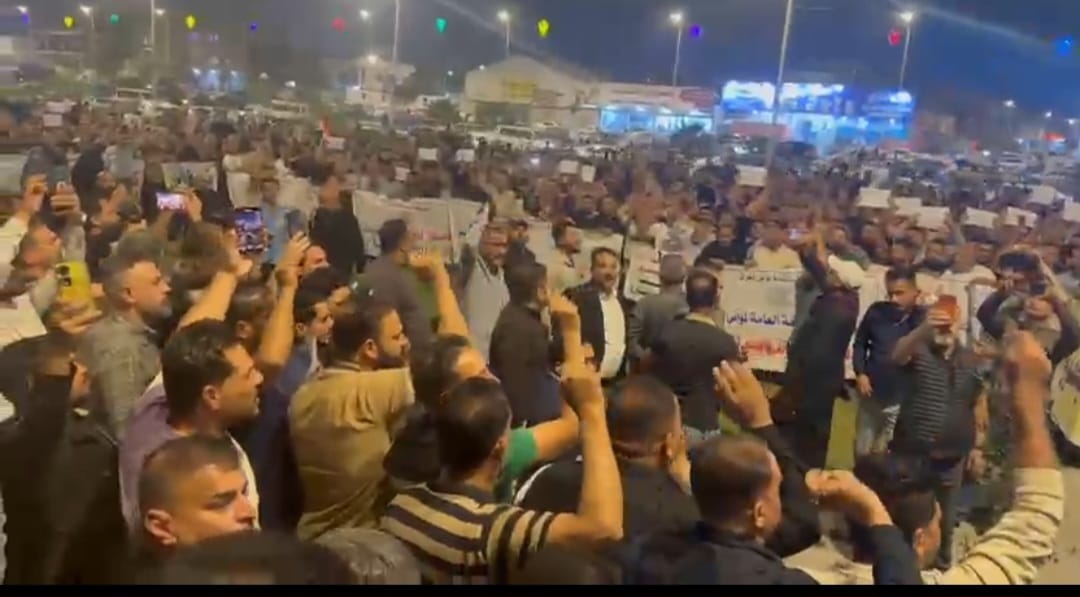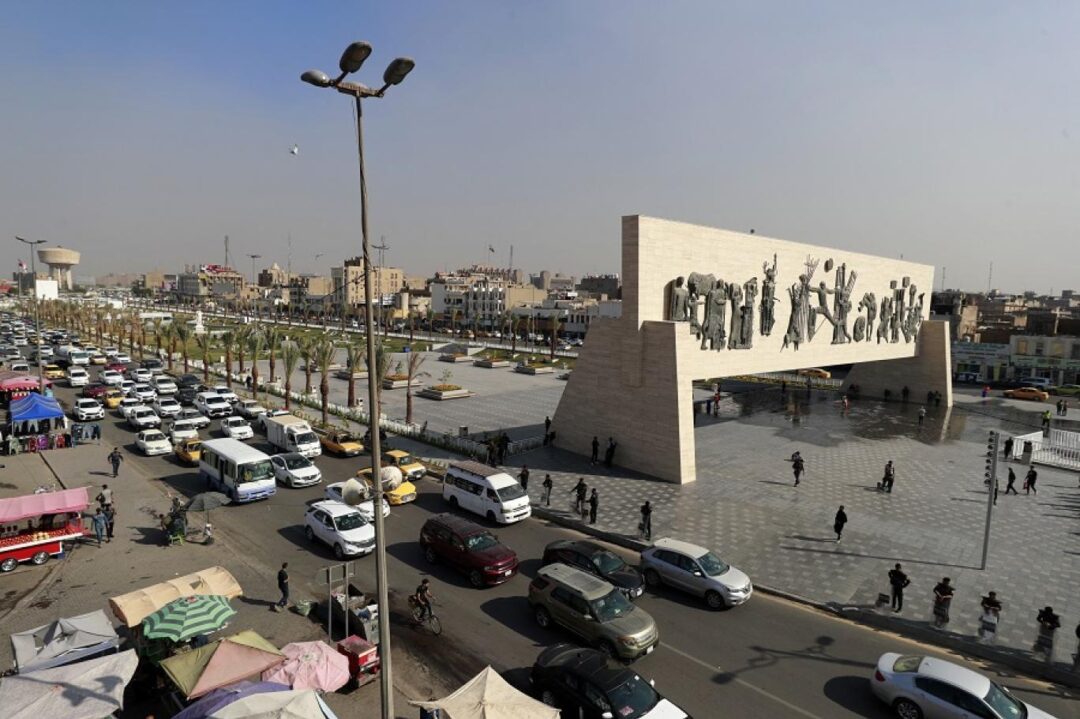In 2016, a second attempt to enact a social security law was made, but the bill quickly faced criticism as trade unions and the private sector were not consulted during its development, although improvements were proposed, particularly regarding maternity leave.
Furthermore, questions arise regarding retirement pensions, especially regarding the inclusion of years spent in prison. Part of the opposition to this law also comes from the private sector, as the establishment of a guarantee fund for Palestinian social security relies on a mandatory contribution that the majority of the private sector is unable to afford, as well as the 16% increase in wages that are currently below the official minimum wage.
In partnership with the Ministry of Labour, the Palestinian General Federation of Trade Unions (PGFTU), and the Palestine Economic Policy Research Institute (MAS) organized a series of discussions and debates on the new social security bill. During the inaugural session held on May 10th in Ramallah, the Minister of Labour, Nasri Abu Jaish, explained that the COVID-19 pandemic and the social situation of individuals who are no longer able to work due to their age or health condition have strengthened the government’s determination to establish a social security system that will benefit around 650,000 workers in the local market and nearly 200,000 workers within the Green Line.
The Main Amendments:
In October 2022, a bill was drafted and signed by the government, employers’ representatives, and workers’ representatives. A total of 42 amendments were made to the previous social security text, expanding the scope of social security to now include old-age insurance, disability insurance, natural death insurance, occupational accident insurance, maternity insurance, unemployment insurance, health insurance, healthcare insurance, family allowances, and optional supplementary retirement.
The new text states that the end-of-service gratuity for private sector employees will not be transferred to the social security fund but will be paid directly to the beneficiaries, subject to an agreement between the employee and the employer, supervised by the Ministry of Labour. Article 11 of the bill, which deals with the establishment of the social security institution, specifies that the funds of this institution, as well as the insurance funds, will be placed under the control of the Court of Audit and the Anti-Corruption Authority.
Article 50 of the bill establishes the conditions for granting a mandatory retirement pension. According to this article, the insured is entitled to this pension provided they meet the following criteria. Firstly, they must reach the age of 60. However, if the insured is under 21 at the time this law comes into effect, the eligibility age for the mandatory retirement pension will be 63. This age threshold will increase by one year every 15 years for all insured individuals. In addition, the total monthly contributions paid by the insured must not be less than 180 contributions in order to be eligible for the retirement pension. The second article of the same law has been amended to include the right to early retirement in case of work cessation. According to this amendment, the insured will be entitled to early retirement starting at the age of 55. However, if the insured is under 21 at the time the new law comes into effect, the age for early retirement will be set at 58. These adjustments aim to provide early retirement options tailored to the different situations of the insured.
Furthermore, a new system has been established for managing the funds of employees within the Green Line and Israeli companies. This new entity has an independent management structure, with a separate board of directors and management from the main institution.
Persistent Reservations Despite Dialogue and Consultations:
The Minister of Labour has stated that all the new provisions are open to suggestions from all Palestinian citizens, and the government is committed to considering all submitted remarks. However, Nasri Abu Jaish clarified that, for the sake of efficiency, debates will take place over a two-month period. The goal is to reach a consensus of at least 70% before submitting the new text for a vote.
Nevertheless, the text continues to raise several concerns among those who first and foremost highlight its neoliberal nature, as it represents a privately managed social security system by the Palestinian Authority without any contribution on its part. In addition to Palestinians’ lack of trust in the Authority, this system does not guarantee sustainable social protection. The social security would be subject to market fluctuations and regional political instability. The occupying authorities hold the power to paralyze the Palestinian economy in a day with military raids or simply by imposing a curfew. Even during periods of relative stability, they control borders, Palestinian customs taxes, as well as a share of trade and natural resources.
Opponents of the text also emphasize that wage disparities between different regions of Palestine, mainly between the Gaza Strip and the West Bank, can pose a serious issue in fund management and lead to unequal distribution of resources and benefits.
Despite these reservations, the government continues consultations and discussions. The Minister of Labour recently met with representatives from labour unions, employers’ associations, and civil society in the Gaza Strip. During the meeting held on June 24th, the 250 participants called for the swift enactment and enforcement of the new law to protect the future of workers and their families. The discussions also involved the participation of economic experts who highlighted the significant tools that this new law will bring. These tools will enable better management of social security institutions, the consolidation of provided benefits, the regulation of employee and employer contributions, as well as the establishment of specific schemes for end-of-service retirement rights. These exchanges have highlighted the importance and potential benefits of the new law in improving the social security system and protecting workers’ rights.




